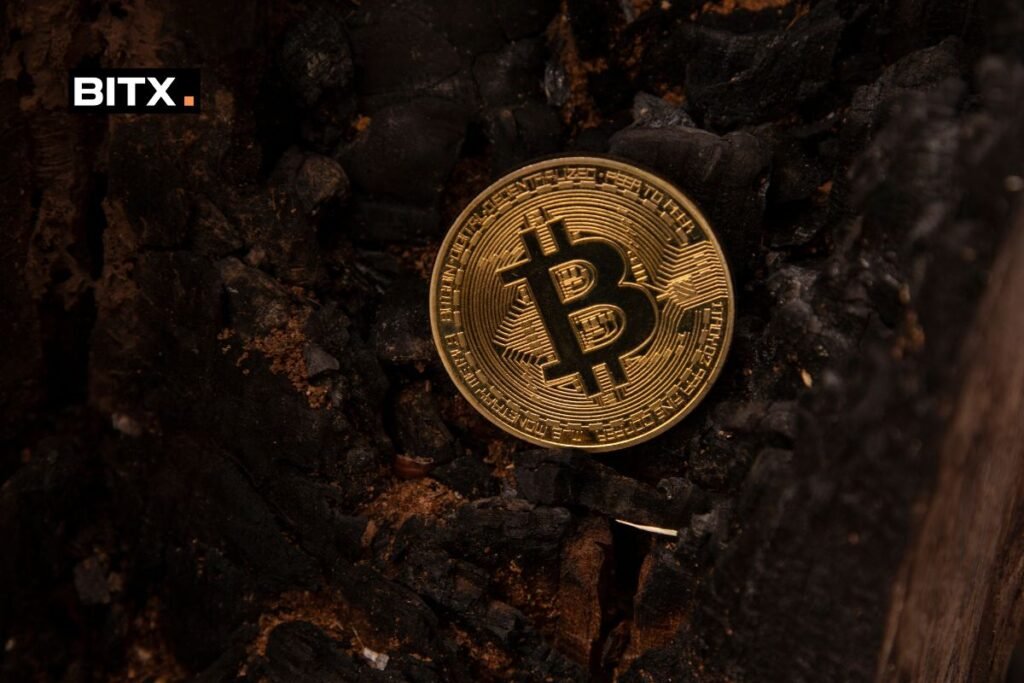Securing Your Bitcoin Transactions: A Comprehensive Guide
1. Understand the Basics
Before diving into the security practices, it’s essential to understand what Bitcoin is and how it works. Bitcoin is a decentralized digital currency that uses cryptography for security. Familiarize yourself with key terms such as public key, private key, blockchain, wallet, and transactions.
2. Choose a Reputable Bitcoin Wallet
Your Bitcoin wallet is where your coins live. It’s essential to choose a wallet that prioritizes security. There are different types of Bitcoin wallets, such as web wallets, desktop wallets, mobile wallets, and hardware wallets. Research each type to decide which suits your needs best.
3. Secure Your Wallet
Regardless of the type of wallet you choose, follow these security practices:
- Backup Your Wallet: Regularly back up your wallet to ensure you can recover your Bitcoins if your device is lost or stolen.
- Use a Strong Password: Use a unique and strong password for your wallet. Avoid using easily guessable words or phrases.
- Enable Two-Factor Authentication (2FA): Enable 2FA whenever possible. This adds an extra layer of security by requiring a second form of authentication.
4. Be Careful with Public Wi-Fi
Avoid making Bitcoin transactions on public Wi-Fi networks. These networks are not secure, and hackers can intercept your data. If you must use public Wi-Fi, consider using a VPN for an additional layer of protection.
5. Keep Your Wallet Updated
Always keep your wallet software up-to-date. Developers frequently release updates to patch security vulnerabilities and improve functionality.
6. Practice Safe Clicking
Be cautious when clicking links or downloading attachments, especially in emails. Hackers often use phishing attempts to steal your Bitcoins.
7. Store Large Amounts Safely
If you have a significant amount of Bitcoin, consider using a hardware wallet or cold storage solution. These solutions provide an extra layer of security by storing your Bitcoin offline.
8. Regularly Monitor Your Transactions
Regularly monitor your transactions to quickly detect any unauthorized activity. If you notice anything suspicious, contact your wallet provider immediately.
9. Educate Yourself About Scams
Stay educated about common Bitcoin scams to avoid falling victim. Some common scams include fake exchanges, Ponzi schemes, and pump and dump schemes.
10. Store Bitcoins Securely
The most important rule is to never store your Bitcoin online for extended periods. Iranian cybersecurity expert Pejman Ghaderi puts it succinctly: "Store your Bitcoin offline, and use it online." By following these best practices, you can significantly reduce the risk of losing your Bitcoins to hackers or theft.

